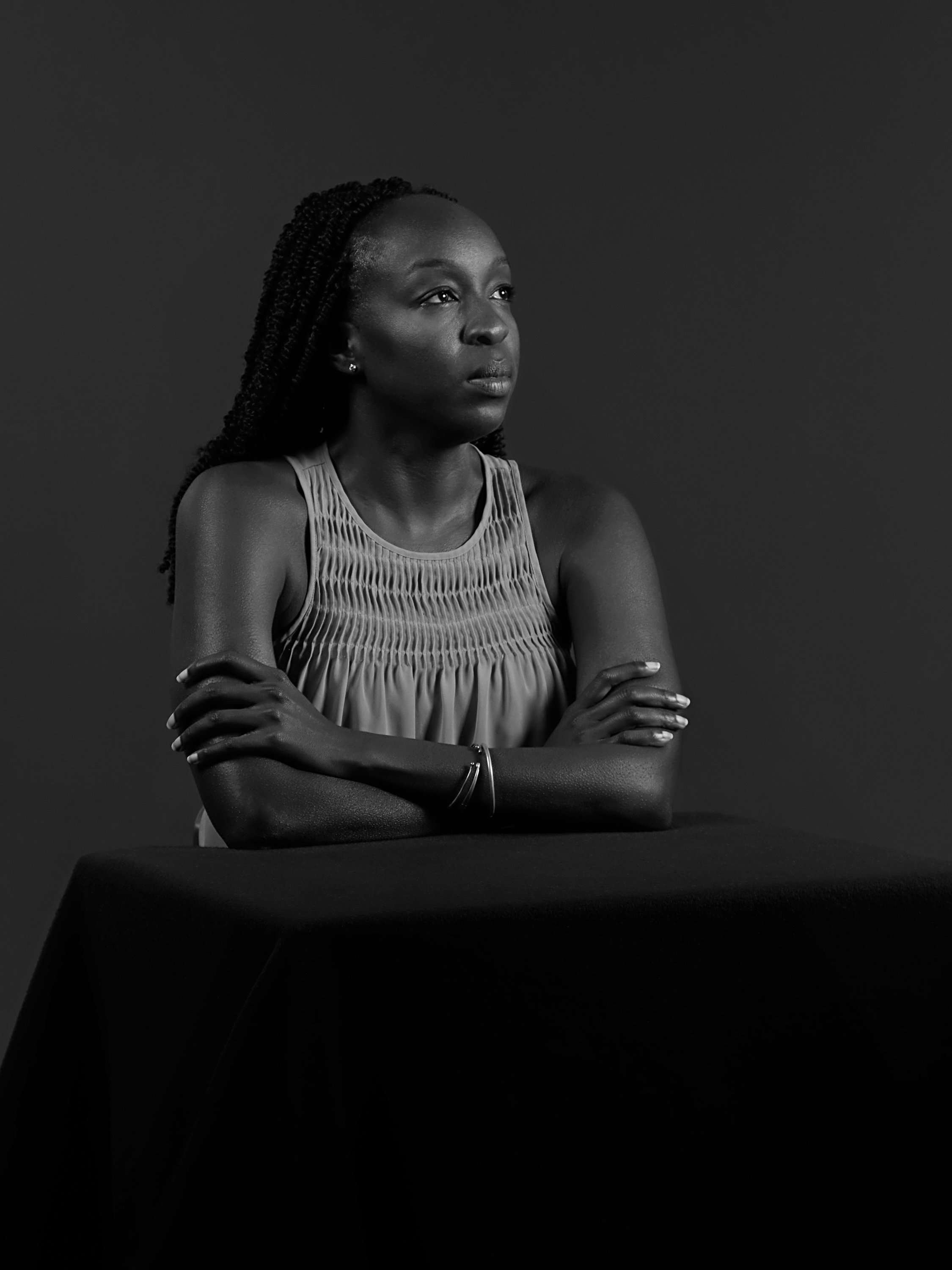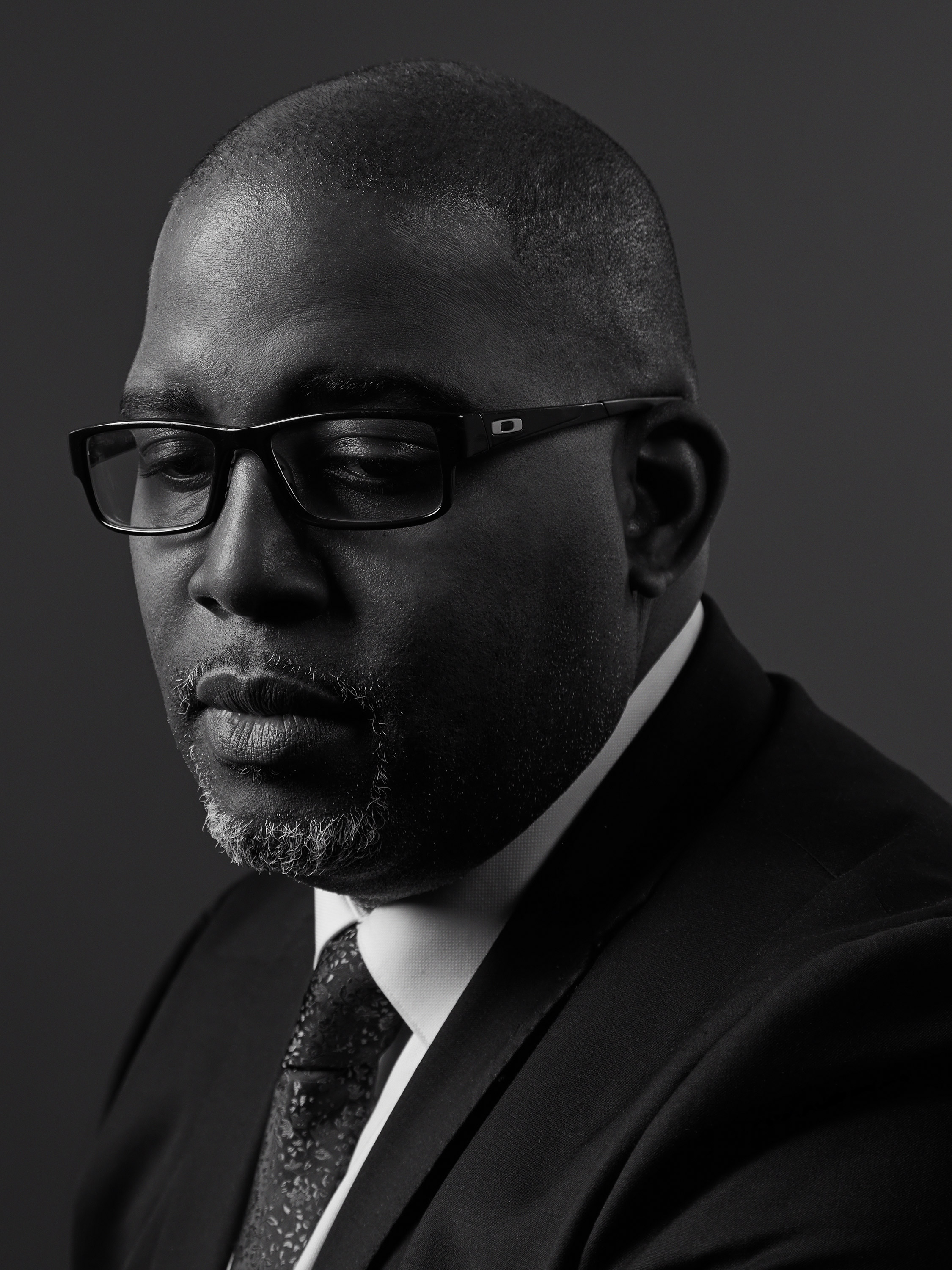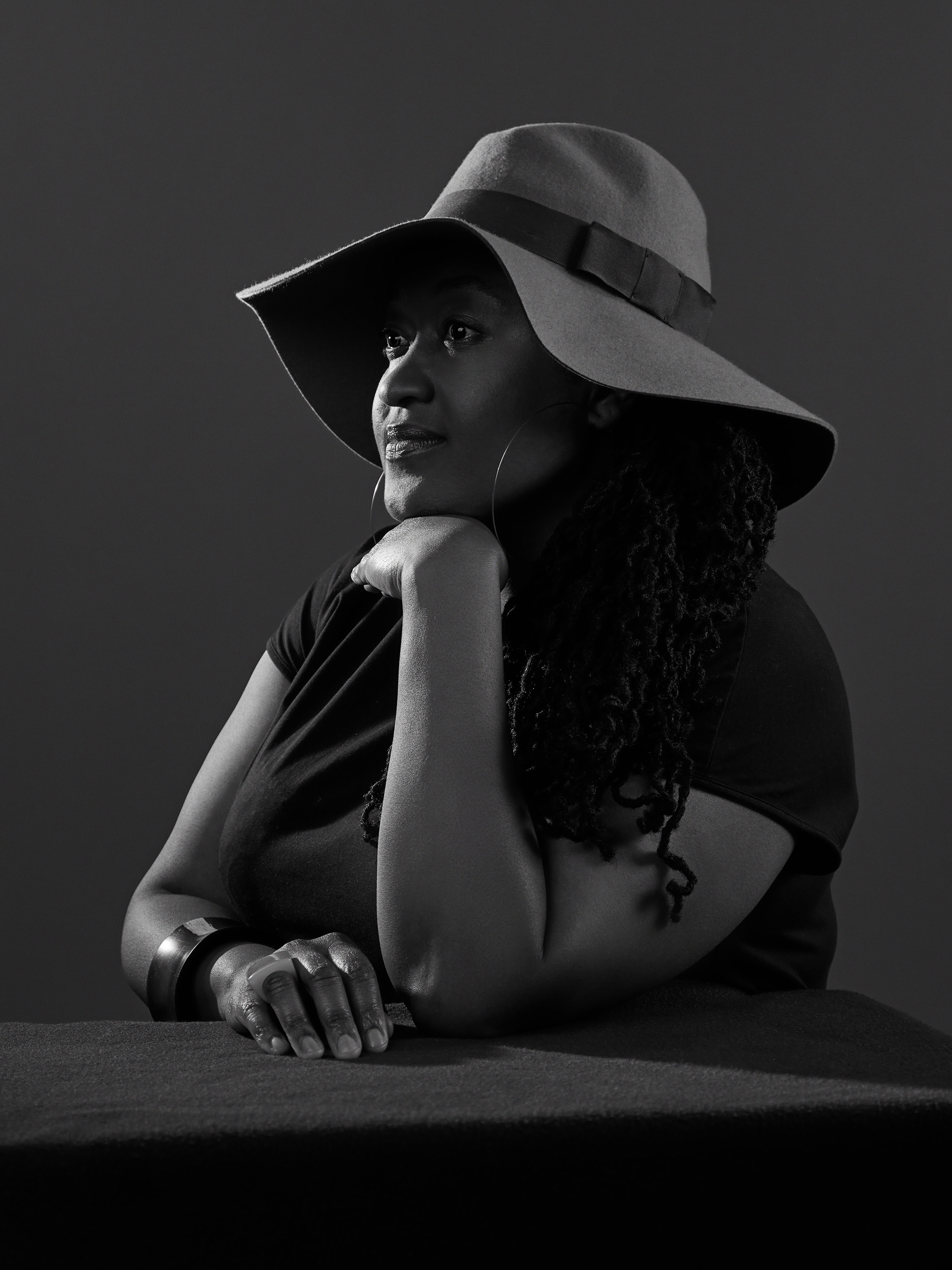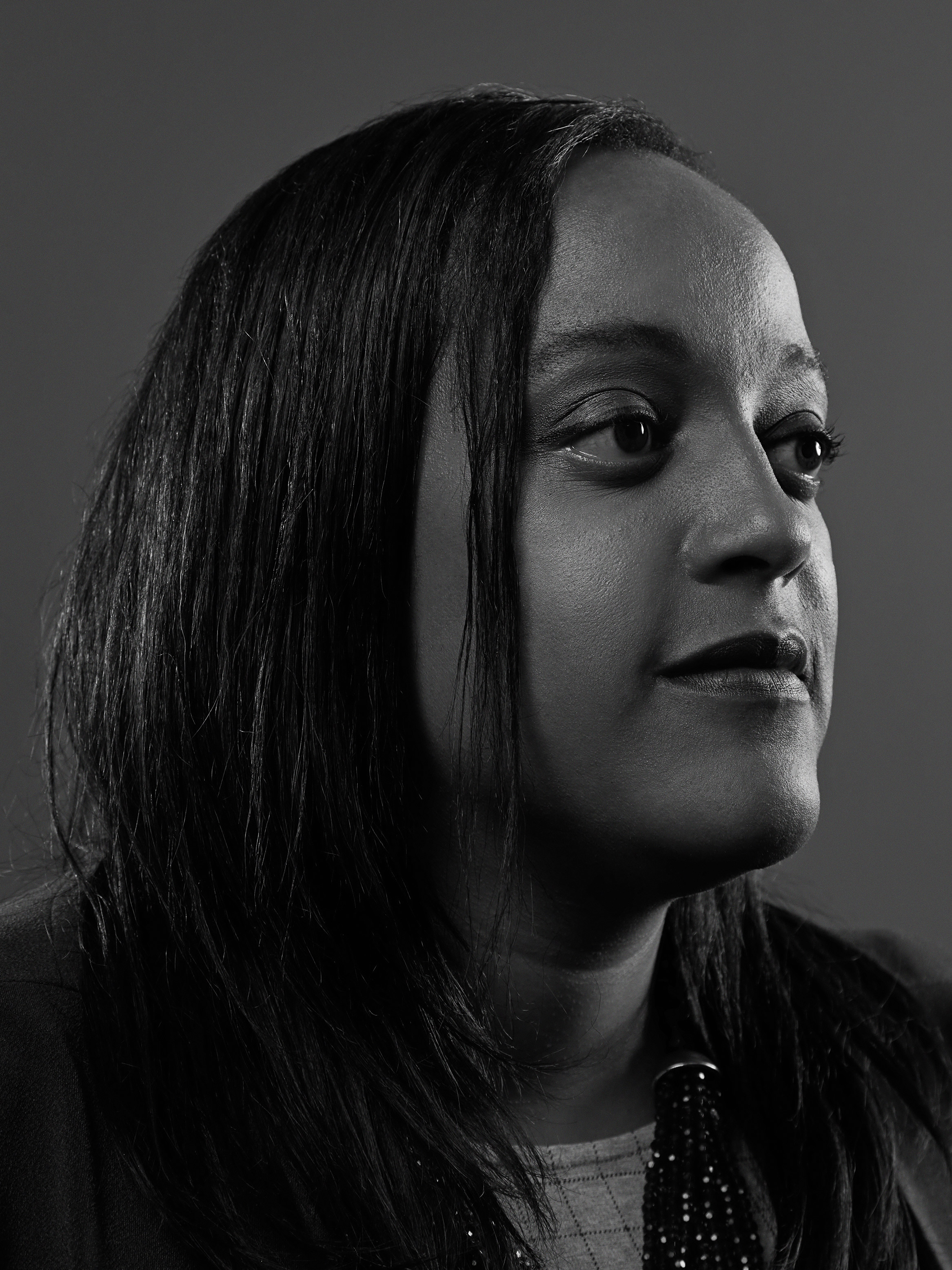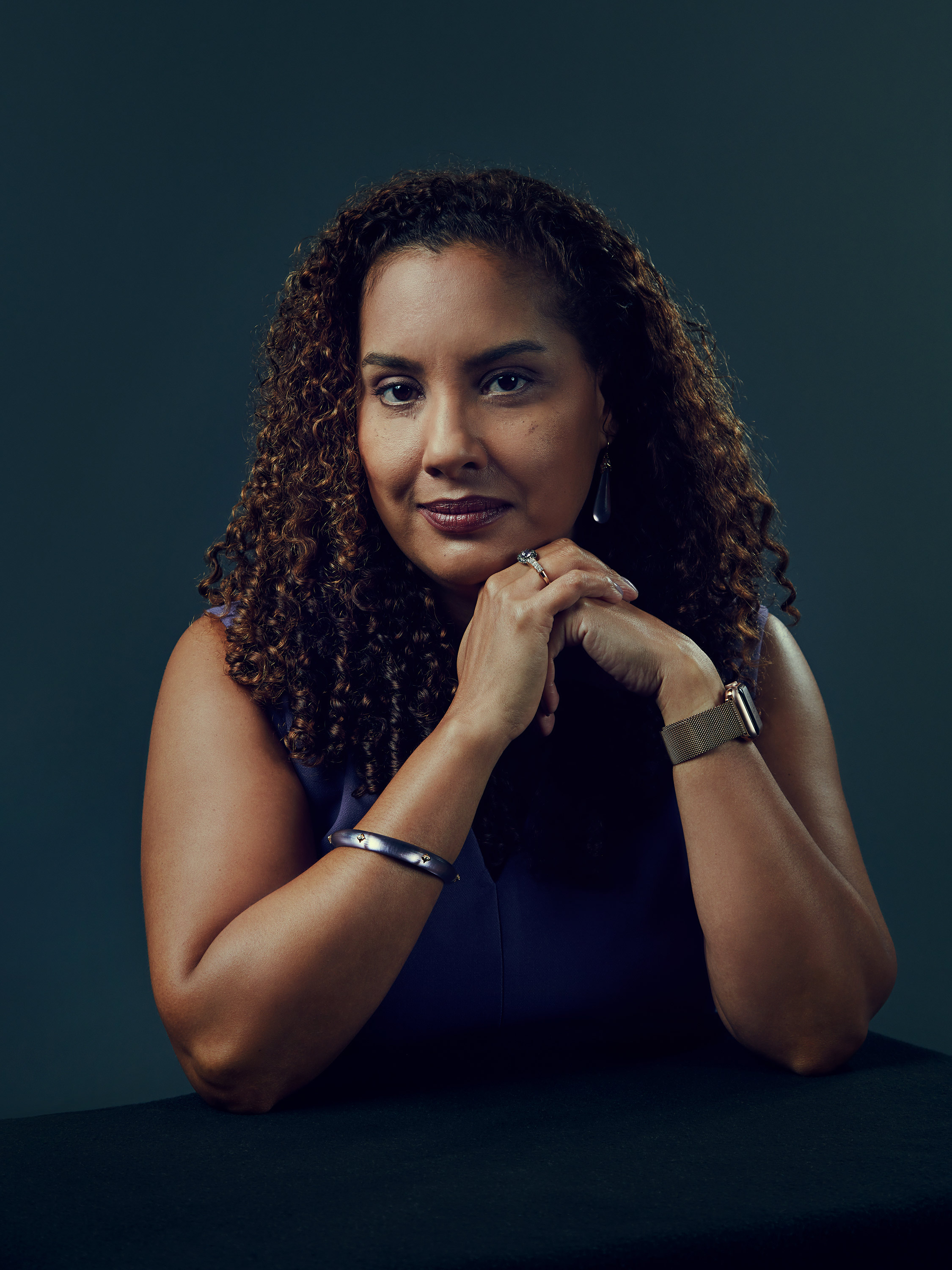Black Voices: Students for a safer campus Black Voices: Students for a safer campus Black Voices: Students for a safer campus
“A lot of institutions in our society are inherently not built for our needs—the needs of Black people,” writes Navon Morgan, class of 2023.
By Navon Morgan | Viewpoint Magazine
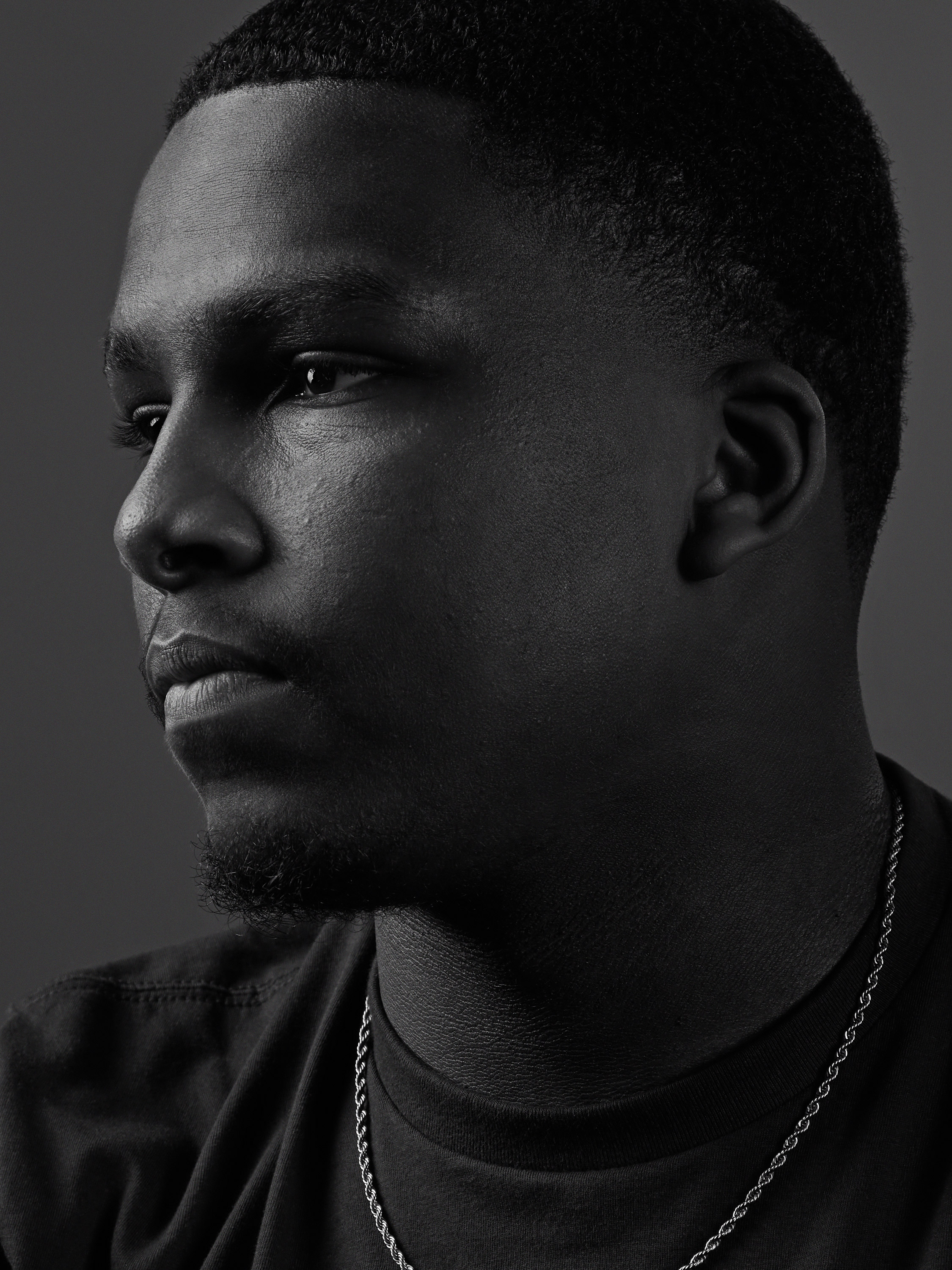
This is part of our “Black Voices” issue of Viewpoint Magazine. Go here to see the full issue.
It’s important to preface this conversation by noting that many of the institutions we live with were not built to accommodate Black and Indigenous people’s needs. With the UW, so far, there’s been a Band-Aid solution to mitigate these structural issues. The school is happy to put up pictures and words celebrating diversity, but when it comes to getting rid of some of the things within the University that uphold white supremacy, we shy away from the challenge.
As a school, we claim that this is a safe place for marginalized students to learn, yet we protect enslavers’ statues on our campus and name departments after known racists. We celebrate this University as a place for everyone but have so few Black faculty, that Black undergraduate and graduate students don’t feel fully supported. These contradictions are glaring signs of the need for tangible and lasting change.
While many existing initiatives make it seem like the University is making progress, students have been having some of these conversations—like hiring Black faculty—for decades, and concrete action has yet to come. For those in power, it’s just a waiting game until student activists graduate and leave. Then students find themselves “starting the conversation” all over again a few years later with usually the common factor being that a Black person somewhere in the country had to be brutalized for us to wake up and acknowledge issues that have been apparent for years.
I work within the Black Student Union, and one of the demands we’ve pushed for includes fundamentally changing our campus safety system so that all students can feel protected. We crafted this demand after hearing multiple stories detailing a shared reality with the BSU constituency that many students don’t feel secure under our current campus safety system that is the University of Washington Police Department (UWPD).
For me, these fears are also a constant hindrance to enjoying the UW’s learning environment. Usually, my reminder comes after working a late night at Odegaard Library. Walking out of the building at 3 a.m., you always see a cop car posted. Perhaps for many students, the sight of a police car offers some sense of comfort. As a Black man, though, as soon as that car enters my vision, I automatically tense up. I’ll find myself doing illogical and unnatural learned behaviors like taking off my hoodie in the rain or taking my hands out of my pockets in the cold. No one ever had to teach me these things but growing up in an era of viral dashcam videos, you pick up mannerisms to feel safe. Walking slowly and as quietly as possible, I hope that the officer doesn’t wave or signal to me to stop. Though I’ve done nothing wrong, I’ve seen that sometimes all it takes is fitting a description for a police stop and for potential violence to ensue. There is a lack of trust between many of us and the police and no amount of positive interactions that others describe can fix that for me.
While much of the visible campus activism will likely be student-led, the backbone to that work is allied faculty. Researching and helping us understand the work that predates us is crucial. So is assisting us in proving the status quo isn’t working. When you all show up with insightful expertise on fixing flawed systems, it legitimizes the changes we are asking for. Lastly for faculty, being flexible with student organizers helps a lot. Though we recognize our first job is to be students, choosing between classwork and fighting for those we care about is neither an easy nor a fair choice. When we have professors like some of mine, who are understanding and patient, the learning experience and environment are enhanced.
In many ways, our valued alumni and the broader community are where the most vital organizing power lies. You can add pressure from your side that makes positive change feel unstoppable for those pushing back. Unfortunately, too many see their alma mater as a place that should continue to be the familiar University they experienced. We should instead try to consistently progress as a community. To start this process, begin challenging your assumptions about how the University is supporting its BIPOC students. Listen to some of the things students have said over the years. If you agree our University could use some structural reform, sign on to the BSU petition for demands that students and faculty have put together. For some of these issues, like removing harmful symbols across campus or increasing the diversity course requirement, pressure and support in the right areas can make our goals possible within the year. Other ideas, like drastically changing our campus safety apparatus to better reflect student needs, are longer-term commitments, but they are already showing progress. However you show up for us, your presence is a reminder to the administration that these problems existed even when you were a student, and that you’re against maintaining the status quo.
Ultimately, student activists are just one small part of this, and our reach is limited in scope and time. There is an extensive web of power. You—the faculty and alumni—stepping in and doing the work in whatever capacity can help make sure we leave this institution better than we found it.
Warning: Undefined array key "thumbnailoption" in /data/www/columns_wordpress/wp-content/themes/columns/vendor/Columns/MagazineGallery.php on line 179
Warning: Undefined array key "thumbnailoption" in /data/www/columns_wordpress/wp-content/themes/columns/vendor/Columns/MagazineGallery.php on line 179
